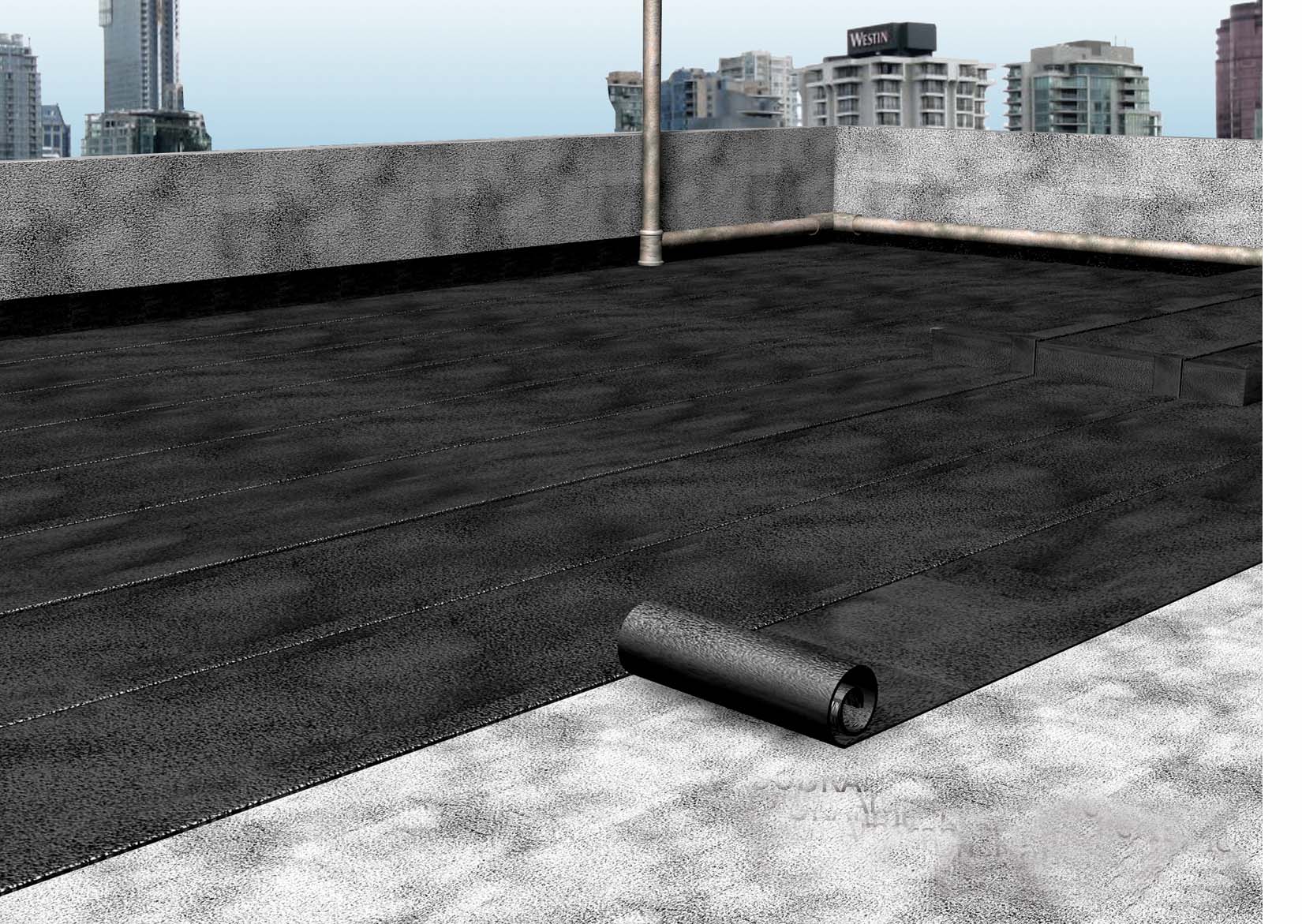Water proofing is a crucial aspect of house maintenance that often gets overlooked. Many property owners fail to realize the significance of keeping their houses safe from moisture damage, which can lead to expensive repairs and long-term physical issues. Grasping why waterproofing is important for every home and structure is the initial step towards securing a protected and dry environment for your loved ones. With the potential to save lots in repairs, the advantages of waterproofing significantly exceed the initial investment.
In this ultimate guide to waterproofing, we will explore everything you need to know about safeguarding your home from water damage. Whether you're dealing with a watery basement, a vulnerable roof, or damp-prone areas like bathrooms and kitchens, our guide will provide you with the insights you need to take action. From disproving common waterproofing myths to spotting the signs that your property needs care, we have you included. Let's dive into the key strategies for waterproofing achievement and make your home a fortress against water.
Grasping the Essential Nature of Water Resistance
Waterproofing is an critical aspect of property and construction maintenance that often goes overlooked. Without adequate waterproofing, a property is vulnerable to moisture damage, which can lead to structural issues, mildew development, and financial burdens. By applying waterproofing methods, property owners can safeguard their assets and boost the overall sturdiness of their buildings.

One of the primary reasons waterproofing is important is the prevention of liquid penetration. Whether it's through the footing, roof, or walls, liquid can leak into a building, causing deterioration that may not be immediately visible. By tackling these potential infiltration sites, caretakers can avoid significant costs related to fixes and upgrades in the coming time. Not only does waterproofing shield against existing dangers, but it also serves as a preventative measure against future risks.
Additionally, effective waterproofing enhances to thermal efficiency in properties. When humidity is regulated, the likelihood of energy loss due to dampness is minimized, resulting in lower climate control expenses. Spending on waterproofing not only shields your building but also offers monetary gains through potential savings, making it an essential consideration for any homeowner.
Vital Moisture-Proofing Methods and Approaches
Effective waterproofing starts with a comprehensive evaluation of your property to recognize at-risk areas. For basements, applying waterproof coatings and membranes on walls and floors can halt moisture intrusion. Interior strategies such as drainage systems and sump pumps aid manage water infiltration by channeling it away from key areas. Additionally, ensuring that gutters and downspouts are functioning well can minimize water gathering near your foundation.
When addressing with roofs, picking the right waterproofing materials is crucial. Liquid waterproofing membranes are popular for flat roofs, as they provide a continuous barrier against leaks. For sloped roofs, choosing quality waterproofing coatings can defend against harsh weather and extend the durability of roofing materials. Regular maintenance is key, including inspecting for cracks and ensuring seals around vents and chimneys are uncompromised.
Finally, waterproofing outdoor structures such as decks and patios requires specific techniques to enhance durability. Utilizing sealants designed for exterior surfaces can avoid water damage and improve durability. For balconies and terraces, proper drainage systems are essential to prevent water accumulating and subsequent structural issues. By applying these techniques, homeowners can ensure comprehensive protection from liquid problems.
Formulating Well-informed Choices: DIY vs. Professional Waterproofing
When choosing between the options of DIY and expert waterproofing, it is important to evaluate your capabilities, the difficulty of the project, and the possible risks entailed. DIY waterproofing can be appealing due to the reduced costs and the sense of achievement of completing a home improvement project. However, many homeowners misjudge the intricacies required in effectively waterproofing areas like cellars or roofs. Mistakes made during a DIY project can result in larger problems down the line, possibly costing higher in repairs than if a qualified expert had been hired from the beginning.
On the other hand, hiring a professional waterproofing contractor ensures that the job is done correctly and efficiently. Professionals bring specialized knowledge, specialized tools, and access to high-quality materials that the average homeowner may not have. Moreover, they can identify latent issues that may not be immediately apparent to an inexperienced eye. This level of attention to detail can save homeowners time and costs over the long term by preventing problems such as mold growth, structural damage, and possible health hazards from leakage.
At the end of the day, the decision between DIY and professional waterproofing should hinge on your level of comfort with home improvement projects, the specific requirements of the waterproofing task at hand, and your financial limits. If the project is clear-cut and you have the required skills, DIY may be the way to go. Yet, for click here challenges or if you are in doubt, investing in expert services is often the wiser choice, providing peace of mind and durable results.
